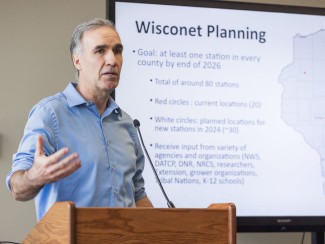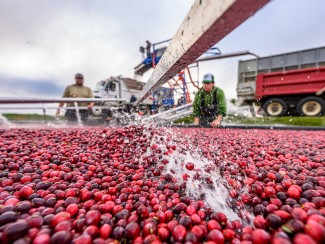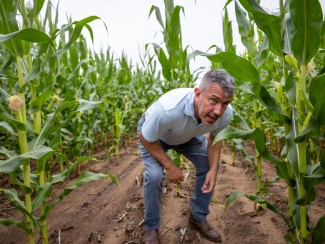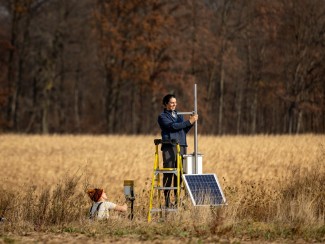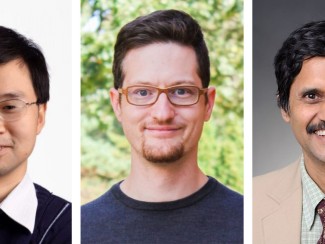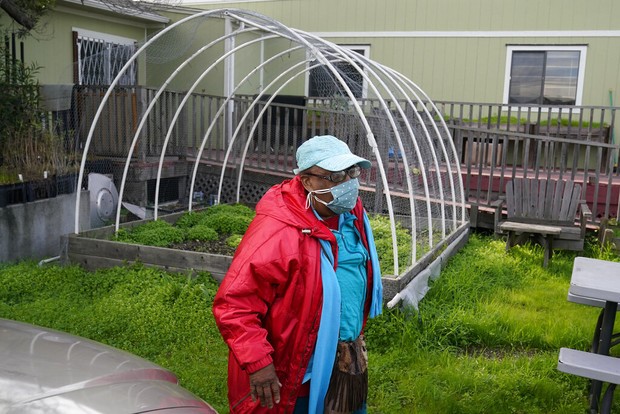
In September, we saw Wisconsin Energy Institute researchers comment to the press on topics of air quality and grassland conversion
How can the most endangered ecosystem in the world be saved?
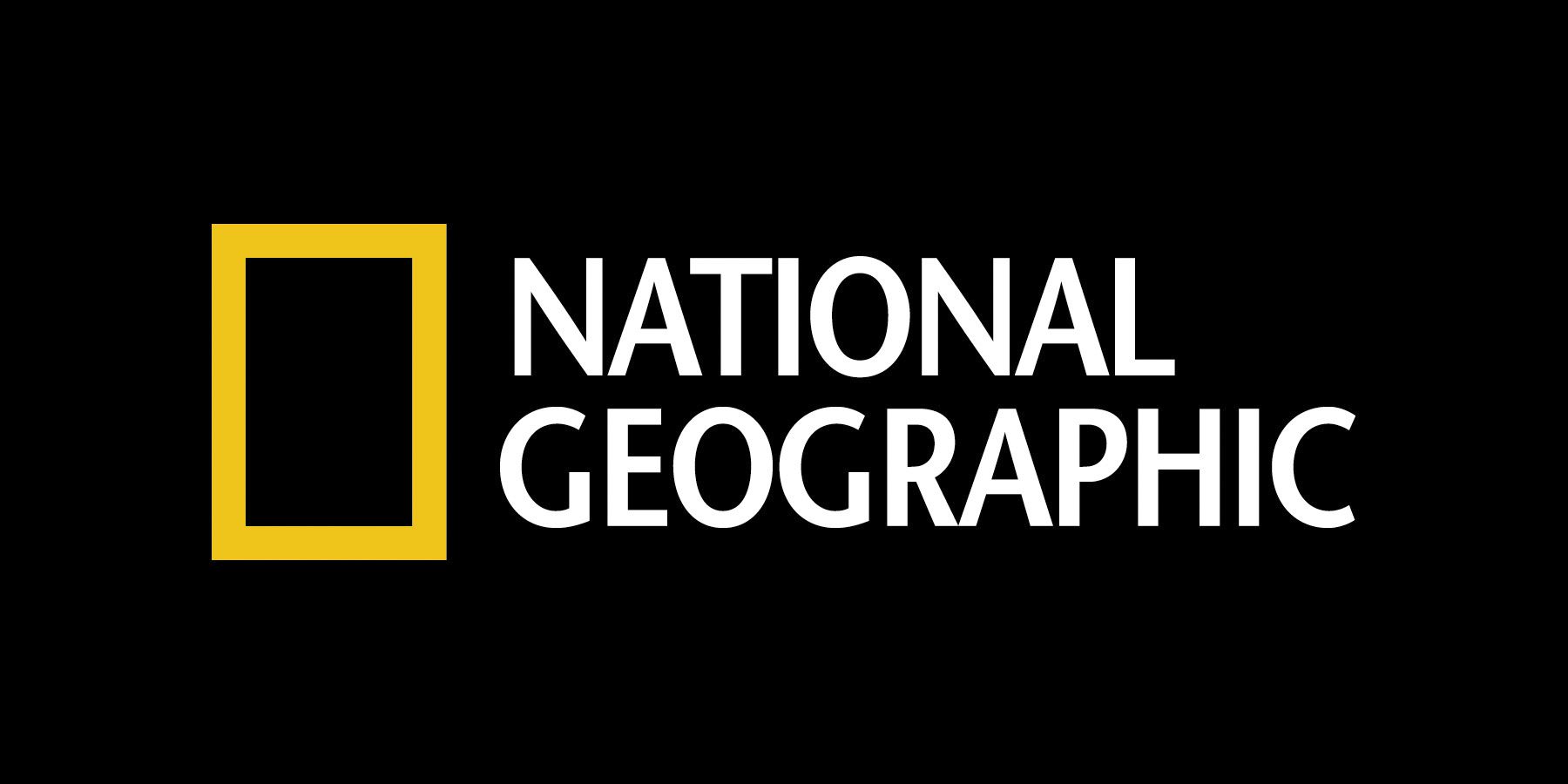
National Geographic
Every time a grassland is plowed or sprayed with herbicide and planted in crops, hundreds of deep-rooted perennial plants that can suck carbon into the soil and keep it there are wiped out. A 2019 study by Tyler Lark and fellow agricultural researchers at the University of Wisconsin estimated that tillage for cropland expansion put as much carbon dioxide into the air annually as 31 million cars.
Q&A: Air quality scientist Dr. Tracey Holloway keeps her eyes on the future

The Cap Times
Tracey Holloway has her eyes to the future. As a 2017-2021 Gaylord Nelson Distinguished Professor at the University of Wisconsin-Madison and its Nelson Institute for Environmental Studies, Holloway's work intersects air quality, climate, energy, and public health.
Featured Researchers
Wisconsin Energy Institute: Environmental Justice And Air Pollution

Wisconsin Public Radio
Wisconsin Energy Institute guests join us to talk about clean energy policies that could help reduce emissions of harmful air pollutants and improve air quality and public health. Additionally, we learn about environmental justice and why climate change burdens are often unequally impacting communities of color.
Featured Researchers

